Saudi Arabia’s decision to forge a formal mutual defence pact with nuclear-armed Pakistan represents one of the most consequential strategic moves in the increasingly fragmented international order. While ostensibly aimed at deterring Iranian aggression and responding to Israel’s long reach, this alliance fundamentally alters the regional balance of power in ways that may ultimately backfire for Riyadh—and could inadvertently push India into a deeper embrace with Israel.
The Saudis have always had deep historic ties with Pakistan, but apart from some weapons and free oil, it has been a one-way street. Pakistan provides military training and troops to help guard the kingdom and its holy sites—the two holy mosques. The Royal Saudi Air Force operates one of the world’s most advanced arsenals, with 283 fighter aircraft, including F-15 Eagles, Eurofighter Typhoons, and Panavia Tornados. The kingdom recently activated its first Terminal High Altitude Area Defence (THAAD) missile system, part of a $15 billion deal that positions Saudi Arabia as only the second Gulf state after the UAE to operate this sophisticated anti-ballistic missile technology.
The kingdom’s air defence network includes Patriot PAC-3 systems, complemented by an emerging drone warfare capability featuring the locally developed Saqr unmanned aerial vehicles capable of carrying 220-pound bombs. This military modernisation reflects Crown Prince Mohammed bin Salman’s vision of reducing dependence on US security guarantees. Within this strategic framework the kingdom is undertaking the pivot to Pakistan’s nuclear umbrella.
However, Saudi Arabia exposes itself to not just Israel’s nuclear threat but also to an Indian one by aligning openly with Pakistan in a future conflict. Non-nuclear Saudi Arabia and nuclear Pakistan suddenly need to potentially factor in the combined nuclear arsenal of Israel and India exceeding 300 thermonuclear weapons.
The Saudi-Pakistan axis may inadvertently provide the catalyst for formalising an India-Israel alliance that mirrors their alliance. Such a partnership would give India access to strategic flexibility far more potent than what the Saudis can hope for from Pakistan.
India’s strategic calculus is disrupted, but the Saudis could also act as a pressure lever.
For India, the Saudi-Pakistan defence pact represents a significant complication in its multi-alignment strategy. New Delhi has carefully cultivated relations with Riyadh while maintaining its strategic partnership with Israel, but this new arrangement forces uncomfortable choices. Saudi Arabia has seen its share of oil exports to India fall as India imported nearly a hundred billion dollars of oil from Russia over the last three years, but India, as one of the world’s top oil importers, can sign fresh chequebooks, reintegrating Saudi’s already substantial oil into its mix for strategic concessions.
Impact Shorts
More ShortsAlso Saudi Arabia is pragmatic; it would not like to open a joint Israel-India front and could well enforce the status quo, compelling Pakistan to West Asian constabulary duties and not aggravating a war with India.
The pact explicitly states that “any aggression against either country shall be considered an aggression against both,” potentially bringing Pakistan’s nuclear arsenal of 170 warheads into play against any perceived threat to the kingdom. That is what Saudi Arabia wants from this partnership. Beyond the letter, it’s the spirit of the accord, and the Saudis can dictate both to be one way.
Pakistan’s strategic value to Saudi Arabia lies primarily in its nuclear arsenal—the only one possessed by a Muslim-majority nation. The Ababeel and Shaheen-III missiles can reach targets across Iran and Israel. This capability effectively extends Pakistan’s nuclear umbrella over Saudi Arabia. Nuclear umbrellas, however, are notoriously leak-prone.
Pakistan, in the final analysis, cannot sacrifice Karachi for Jeddah. The kingdom may discover that nuclear deterrence comes with Pakistan’s own nuclear doctrine that prioritises threats from India, and Islamabad may prove reluctant to risk nuclear escalation with Israel over Saudi interests.
The Saudis face an ironic Islamic threat from Pakistan.
Saudi Arabia also faces the potential Islamic dilemma of the Pakistani street. In Islam kingship has no place, and many in Pakistan wish for an Islamic revolution in Saudi Arabia. This pact is far more complicated!
There are several practical limitations of this defence pact. become apparent when examining potential conflict scenarios. Would Pakistan truly risk nuclear confrontation with Israel to defend Saudi Arabia? The kingdom’s military, despite its advanced hardware, has struggled with operational effectiveness in Yemen, where Houthi rebels continue to dominate.
The Domino Effect
The flurry of new strategic alignment reflects a troubling return to the alliance patterns that preceded WWI. Back then, rigid alliance systems transformed local conflicts into global catastrophes. Today’s West Asia increasingly resembles pre-1914 Europe, with interlocking commitments that could escalate regional disputes into wider conflagrations.
The Saudi-Pakistan pact, Israel’s expanding military operations, and potential Indian-Israeli security arrangements create a web of obligations that may prove difficult to control during crises. Like the alliance system that dragged Europe into war over an assassination in Sarajevo, these new partnerships could transform future regional conflicts into much larger confrontations, with nuclear weapons adding a dimension of danger that the world has never before witnessed.
In seeking nuclear protection from Pakistan, Saudi Arabia may have initiated a strategic realignment that ultimately undermines rather than enhances regional stability—setting in motion a series of dominoes whose final resting place remains frighteningly uncertain.
The writer is a senior journalist with expertise in defence. Views expressed are personal and do not necessarily reflect those of Firstpost.


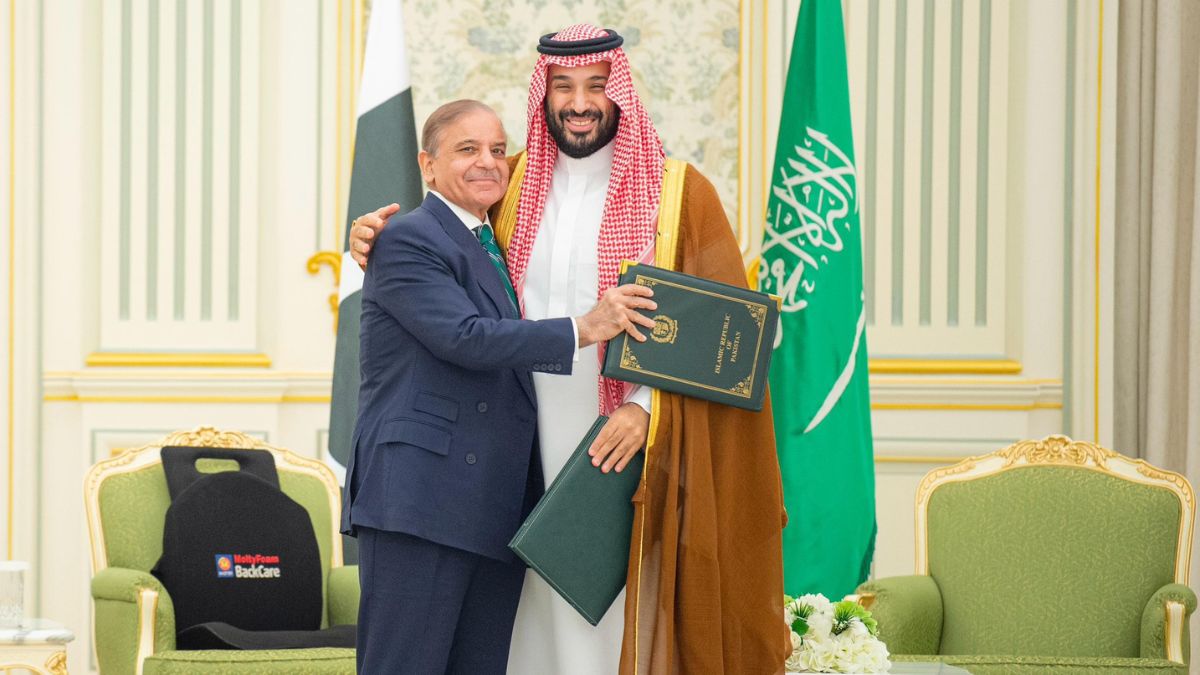)
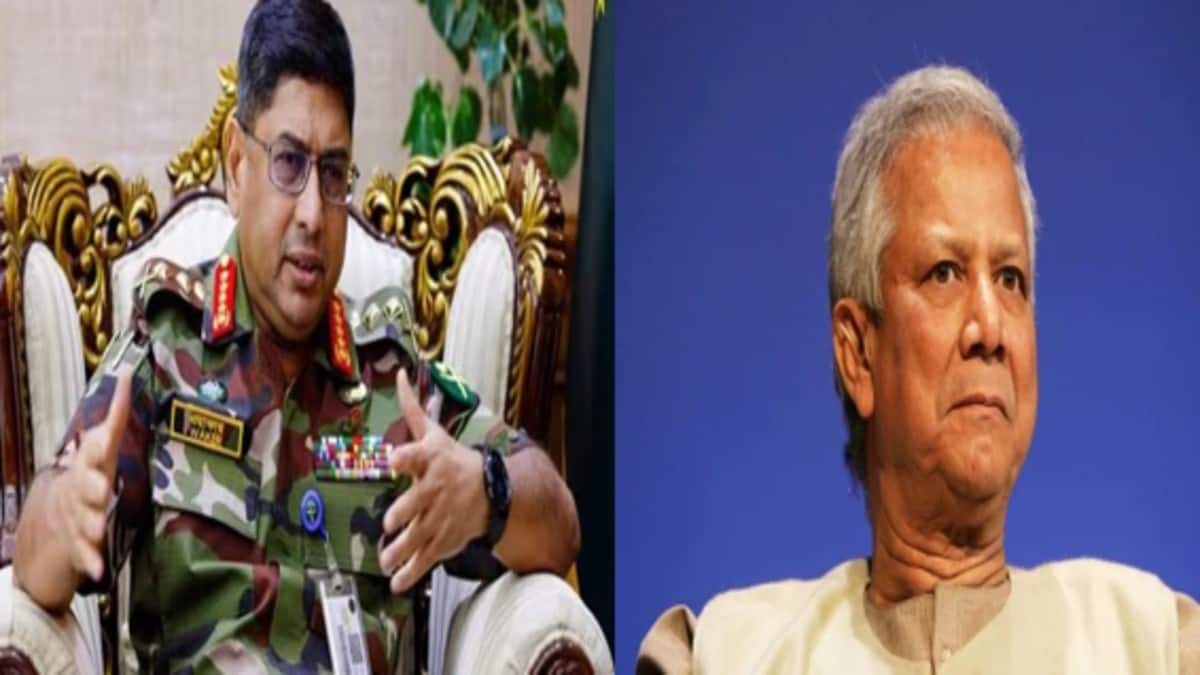
)
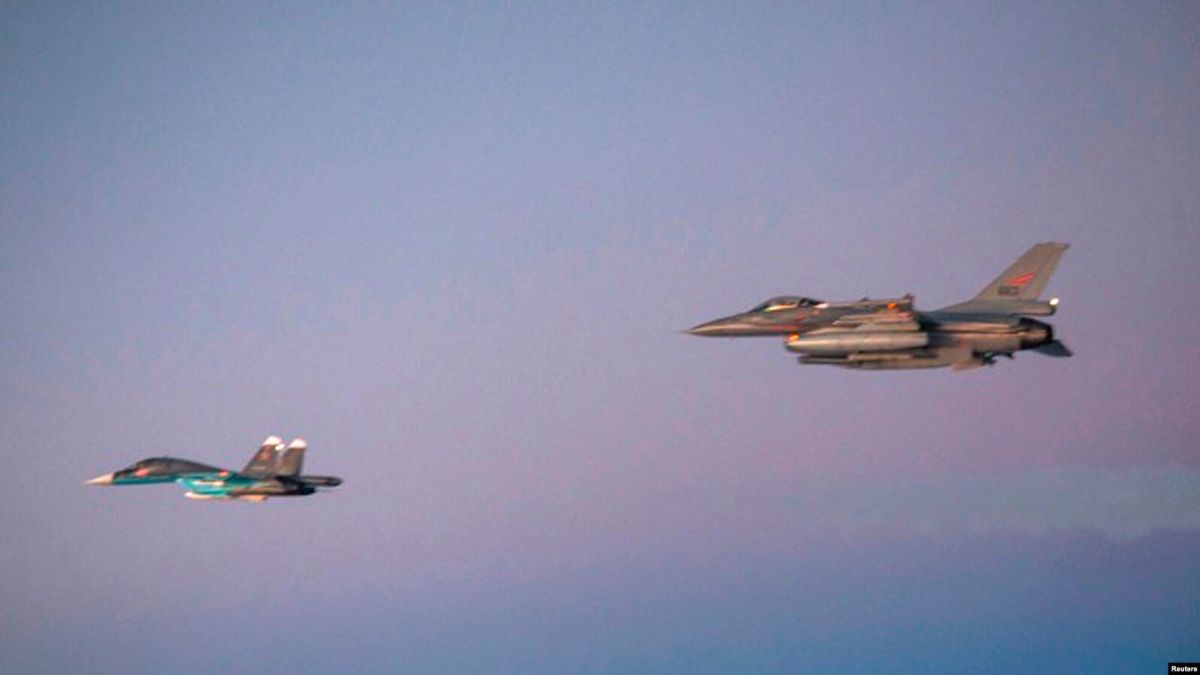)
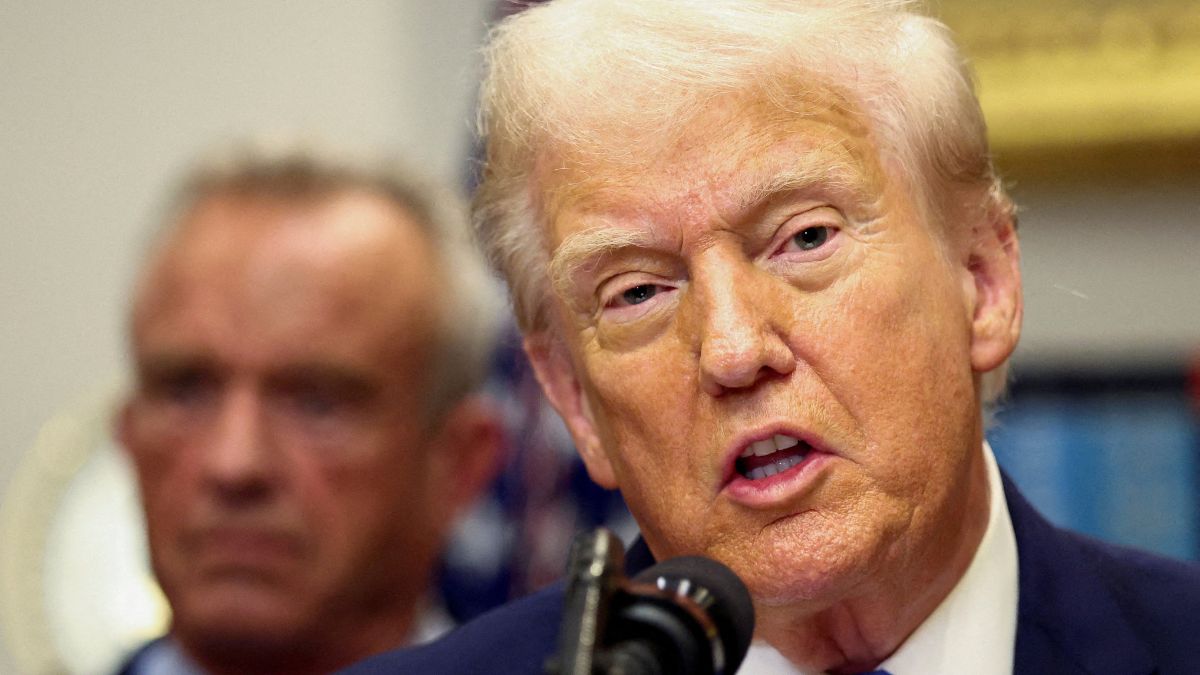)
)
)
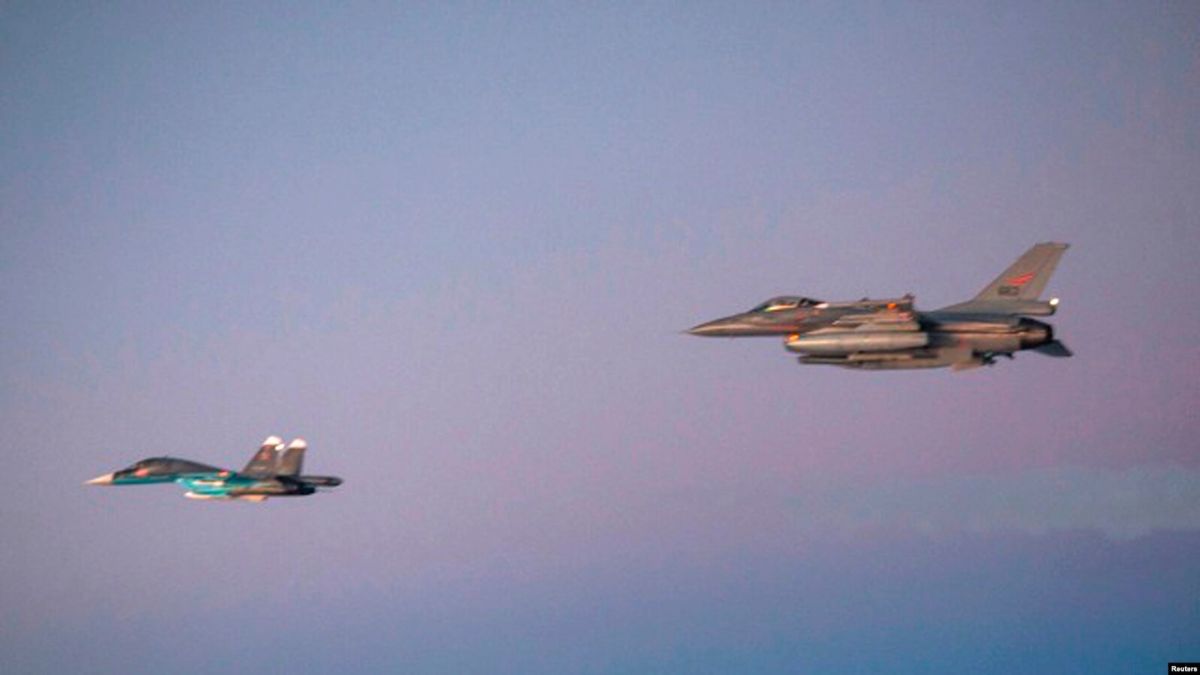)
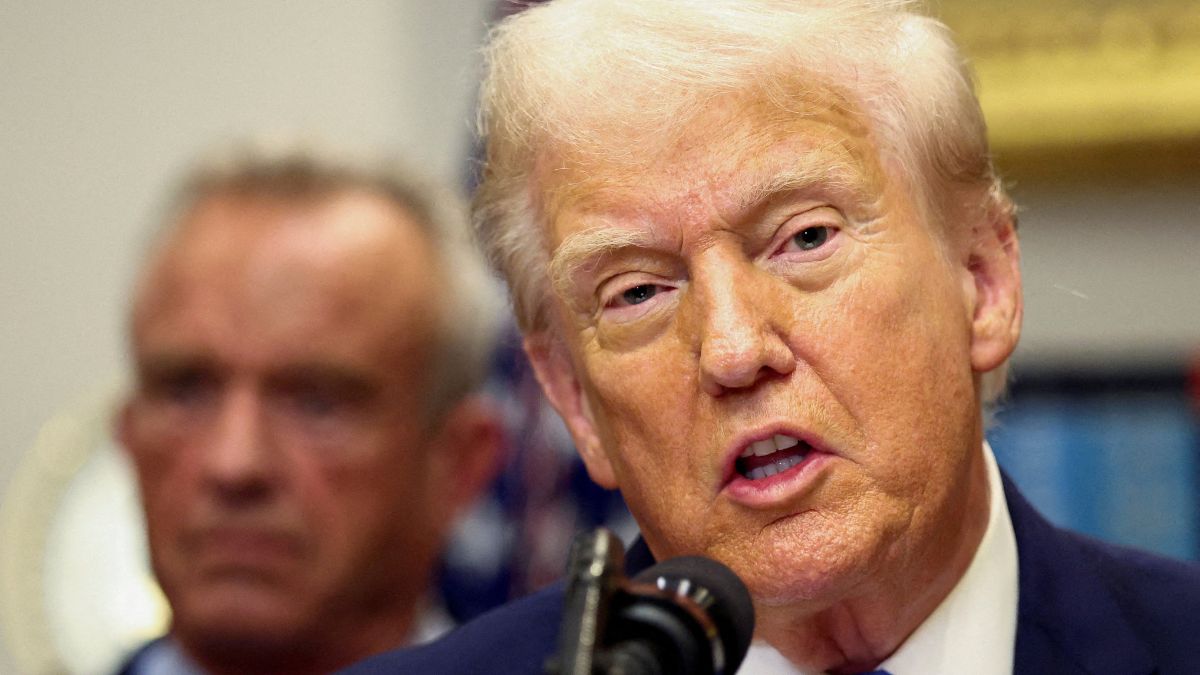)
)



